Tropical, exotic mangosteen (Garcinia mangostana) has a flavour that is a little bit sweet and tart. Although it is native to Southeast Asia, it can be found in many tropical areas worldwide.
The fruit's ripe rind turns a deep purple colour, leading to the nickname "purple mangosteen" for it. The delicious inside flesh has a dazzling white colour in contrast.
Even though mangosteen is a less common fruit, it shouldn't be disregarded because of its abundance in nutrients, fibre, and special antioxidants.
Table of Contents
What is Mangosteen?
Mangosteen is a sweet and tangy fruit that is also known as the Queen of Fruits and the Food of the Gods. It is grown throughout South-East Asia in countries like Thailand, Malaysia, and Singapore. It also happens to be Thailand's national fruit. The fruit is purple in colour and has a segmented, white fleshy pulp that contains seeds. Although the fruit's technical name is Garcinia mangostana, people in a diverse nation like India commonly refer to and consume it as Mangustan (Hindi), Kaattampi (Malayalam), Kokam (Marathi), Hannu (Kannada), and Kao (Bengali). The pleasantly tangy flavour of the tropical fruit has captured the attention of many chefs and amateur cooks, including Queen Victoria of Britain.
Folklore and early use of Mangosteen:
According to legend, Queen Victoria offered a reward of 100 pounds sterling to anyone who brought her a fresh purple mangosteen. On the other side, the U.S. outlawed mangosteen fruit for allegedly harbouring "Asian insects." When the restriction was repealed in 2007, the fruit was once again available for ingestion in all of its "regal" splendour.
Health benefits of Mangosteen:
Encourages Heart Health
By widening blood arteries, mangosteen ensures normal blood flow to all bodily organs, especially the heart. Mangosteen's hypotensive properties are extremely helpful in treating high blood pressure symptoms such as severe headache, stress, and palpitations. Additionally, it regulates lipid levels, heart rate, and helps to keep blood pressure levels regular. As a result, it is quite helpful in preventing serious cardiac conditions like atherosclerosis, heart congestion, and chest pain.
Increases immunity
Mangosteen, which is high in vitamin C, has a beneficial antioxidant effect and strengthens the immune system. The body's healthy cells are protected from damage by free radicals by antioxidants, and the immune system is protected against viruses that cause illnesses like the common cold, flu, and pneumonia by antibodies, which are proteins.
Relieves Body Ache
A naturally occurring class of plant compounds called xanthones, which are strong anti-inflammatory agents, are abundant in mangosteen. The strain in overworked areas of the human system is reduced by xanthones. This essential quality of mangosteen makes it an exceptional treatment for easing excruciating joint pain from arthritis, sciatica, and menstrual cramps.
Improves Brain Function
Mangosteen helps to ensure that impulses travelling through nerves leading to the brain reach their destinations smoothly since it is rich in flavonoids, potent antioxidants, and folate, vitamin B9. Additionally, it enhances memory and stops plaque buildup in brain cells. As a result, it helps to improve cognitive capacities in neurodegenerative diseases like Alzheimer's.
Prevents ageing
Green tea and mangosteen both contain the potent antioxidant catechin. Catechin is also abundant in mangosteen. This molecule stimulates the passage of blood and nutrients to the skin cells and guards healthy cells in the skin from degradation. Mangosteen also fights off bacterial skin diseases, ensuring a young, radiant, and flawless appearance.
Reduces Blood Sugar Levels
In addition to its delicious flavour, mangosteen fruit is a rich source of dietary fibre and xanthones, potent phytonutrients with anti-inflammatory and antioxidant capabilities. Both soluble and insoluble fibres support digestion, enhance energy metabolism, and help manage impulsive cravings. Mangosteen's xanthones also help the body get rid of harmful free radicals and pollutants, boost insulin synthesis, and improve how blood sugar is processed so that it can be taken up by muscle cells. As a result, diabetic symptoms are efficiently managed and blood sugar levels are kept under control.
Enhances Skin Tissues
Mangosteen offers excellent benefits for improving the texture of the skin because it is rich in antioxidants including xanthone, flavonoid, and catechin as well as abundant amounts of vitamin C and B vitamins. Strong antioxidants like vitamin C and B vitamins, especially folate, scavenge free radicals from the body and prevent them from oxidising good skin cells. Blood circulation is also improved, which helps the skin tissues renew a new layer of tissue. While catechins have significant anti-ageing advantages by reducing wrinkles, sagging, and fine lines for youthful, bright, clean skin, xanthones and flavonoids reduce inflammation and heal acne, scars, and protect skin from harmful UV radiation from the sun.
Reduces the risk of cancer
Mangosteen is endowed with an abundance of phytonutrients, which are bioactive components produced from plants and have powerful anti-inflammatory, antioxidant, and anti-cancer properties. Polyphenols, xanthones, tannins, procyanidins, and anthocyanins are just a few of the substances that have the power to kill tumour cells and prevent the spread of cancer cells throughout the body. In order to reduce the risk of cancer, they also significantly suppress the development of malignant tissues in several important internal organs, including the breasts, lungs, liver, kidneys, stomach, intestines, and pancreas.
FAQs on Mangosteen:
Q: What health benefits does mangosteen have?
Ans: Xanthone and vitamins are the main active ingredients in mangosteen. It also has a lot of therapeutic qualities. It has anti-malarial, anti-microbial, anti-allergic, anti-inflammatory, and anti-cancer effects. Mangosteen's antioxidant combats the free radicals that exist in our bodies. Additionally, it benefits the skin and boosts the immune system.
Q: What ailments does mangosteen have the ability to treat?
Ans: Diarrhoea, urinary tract infections (UTIs), and gonorrhoea can all be treated with mangosteen. Additionally, it treats cancer, osteoarthritis, thrush, TB, menstruation problems, and dysentery, an intestinal illness. Additionally, it boosts the immune system and enhances mental wellbeing.
Q: How many mangosteens should I have each day?
Ans: Mangosteens are useful for those with sciatica pain since they contain anti-inflammatory effects. To aid in pain relief, you can eat them two to three times per day.
Q: Is mangosteen healthy for your kidneys?
Ans: Kidney stones don't form because mangosteen's alkaline nature neutralises urine acidity. Additionally, it aids in the treatment of urinary tract infections (UTIs).
Q: What happens if you eat too much mangosteen?
Ans: Because mangosteen is so high in antioxidants, eating too much of it can make our bodies produce more antioxidants. Extra antioxidants begin to thwart free radicals' attempts to carry out a crucial anti-tumorigenic job for the body.

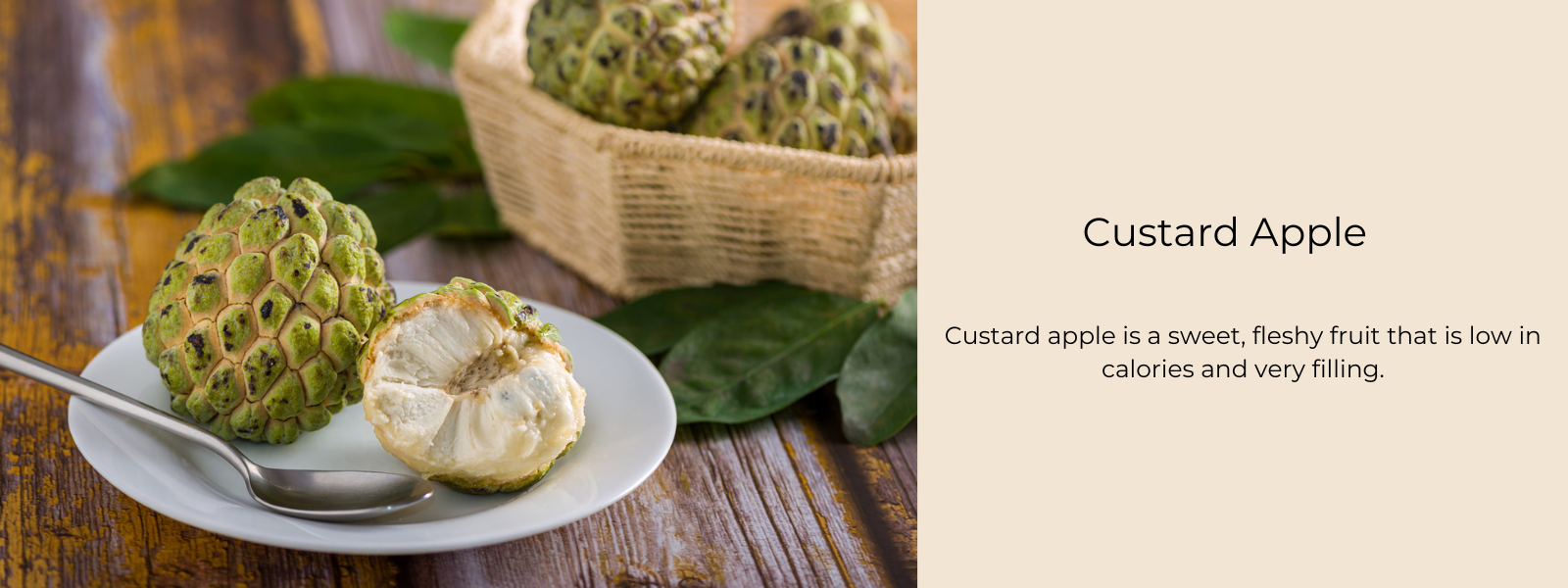
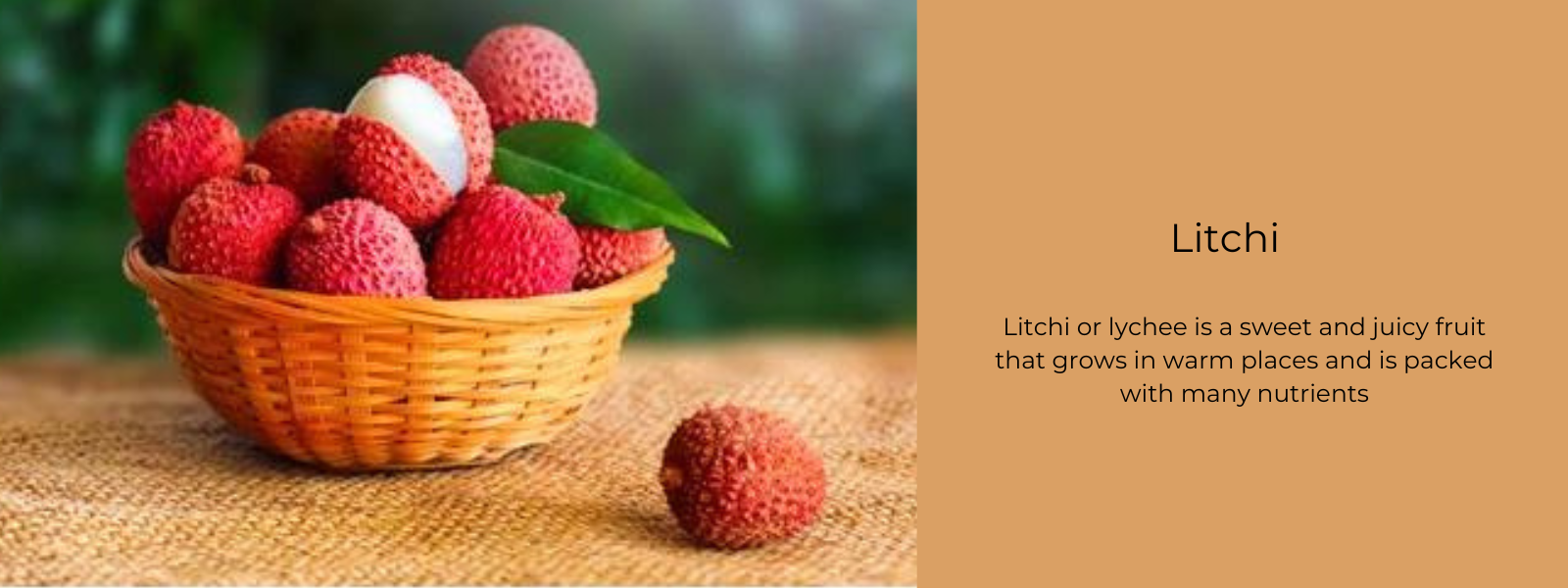
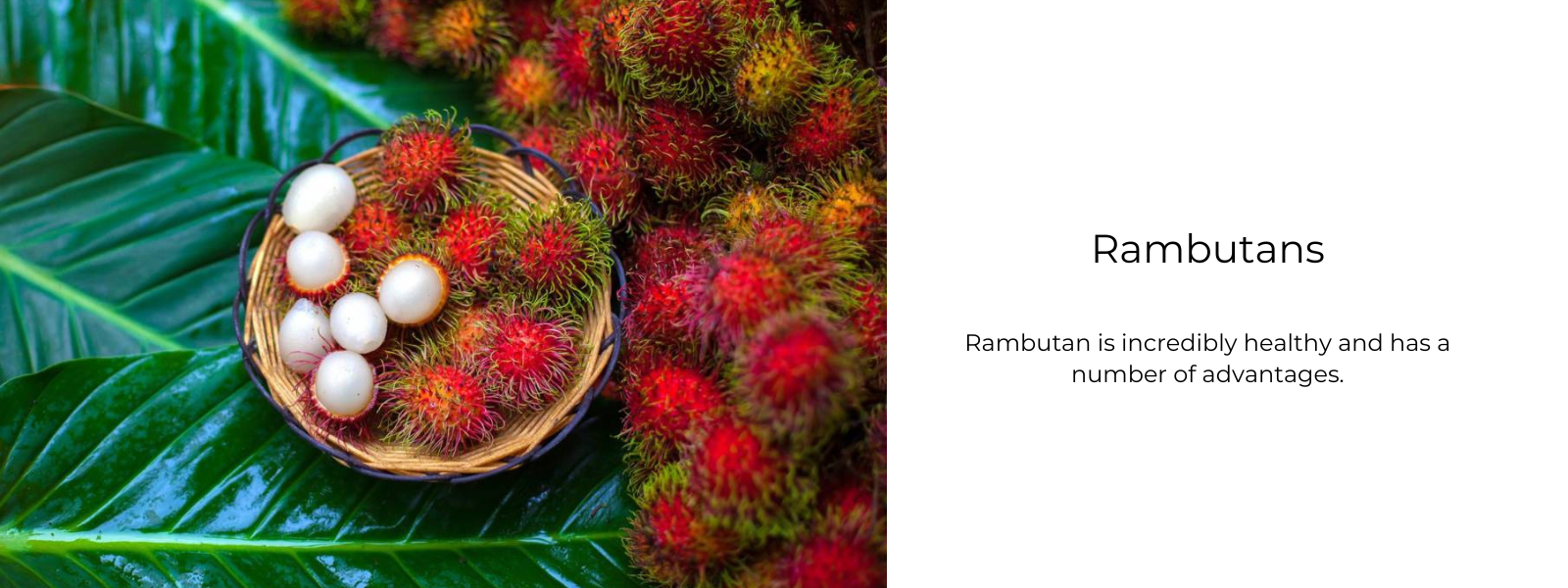
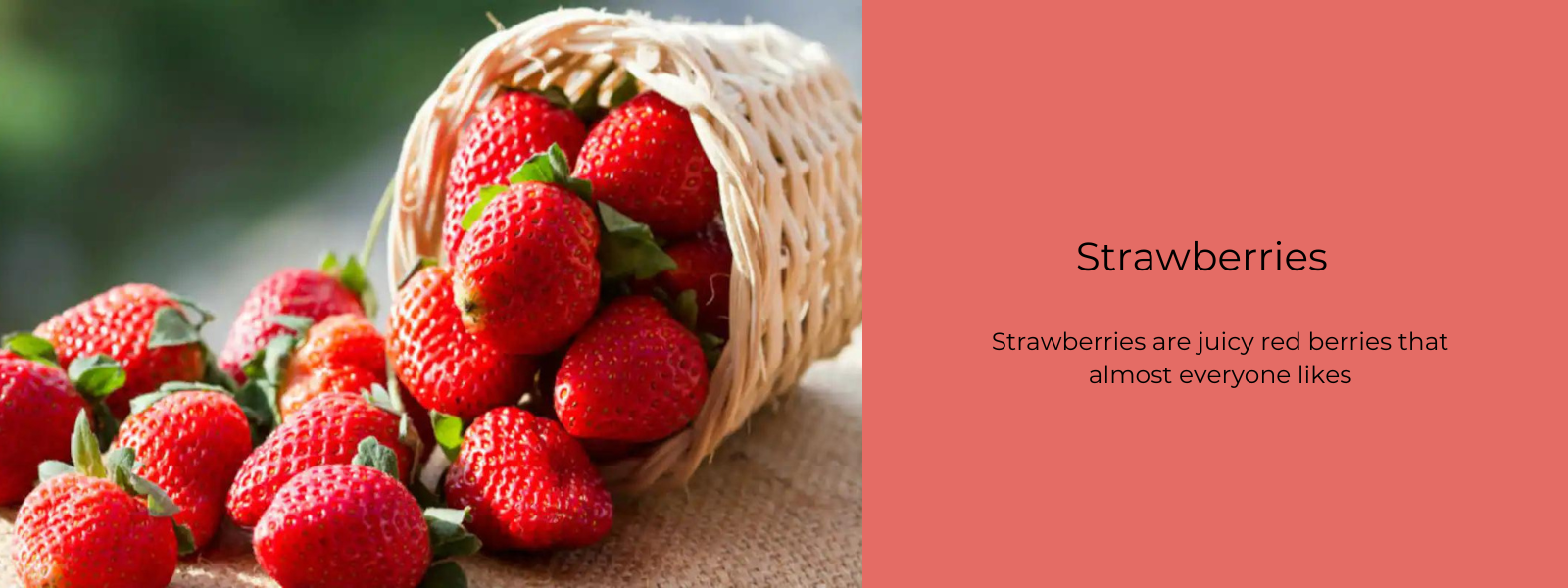

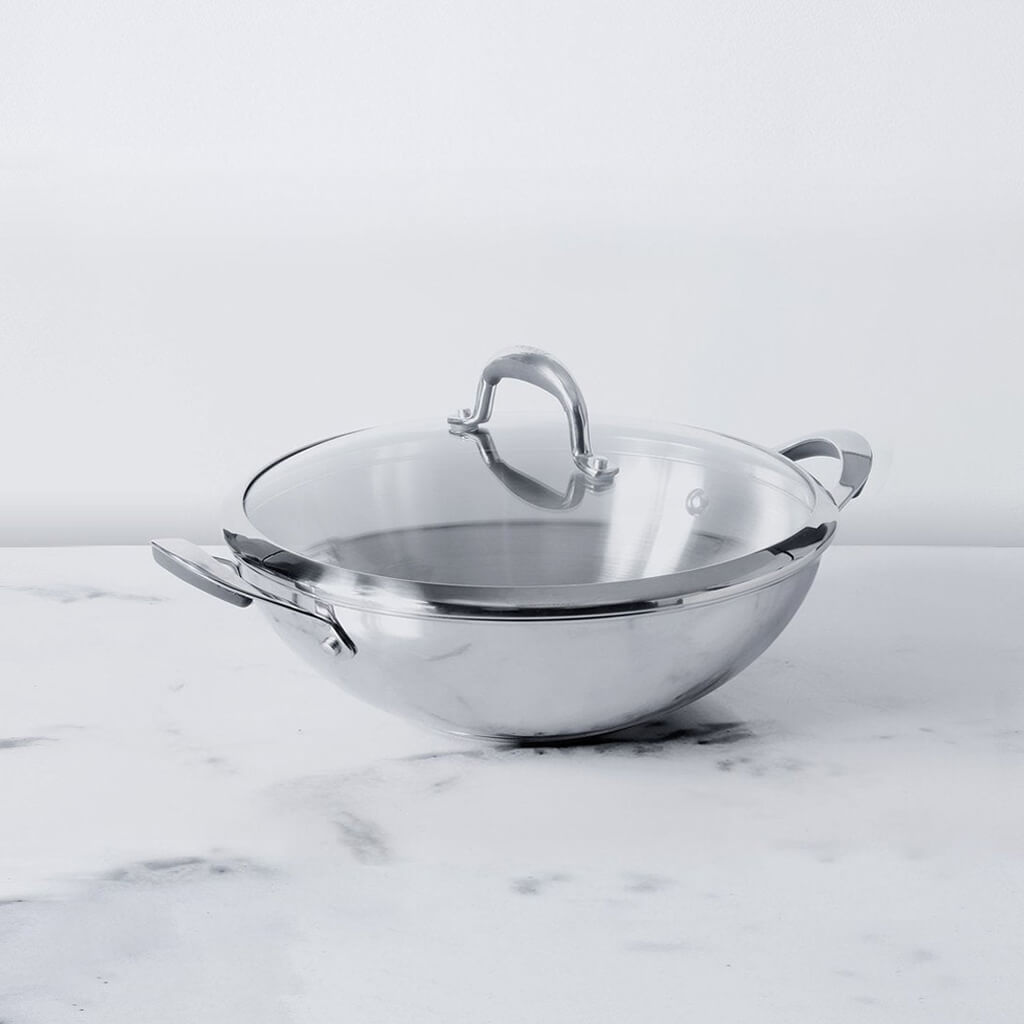




Leave a comment